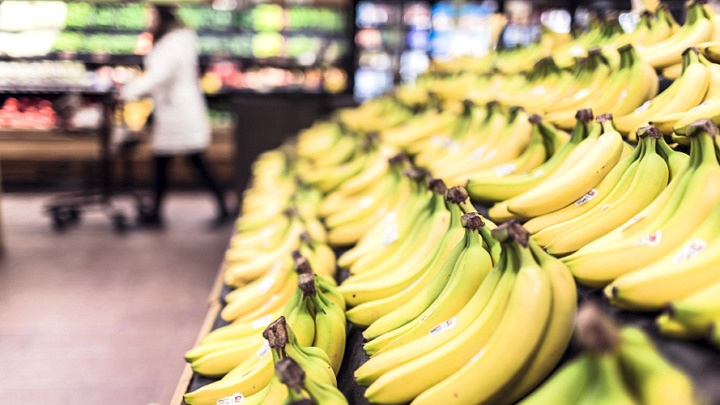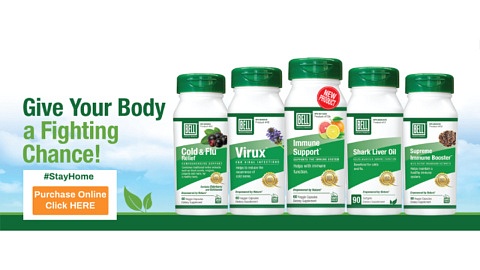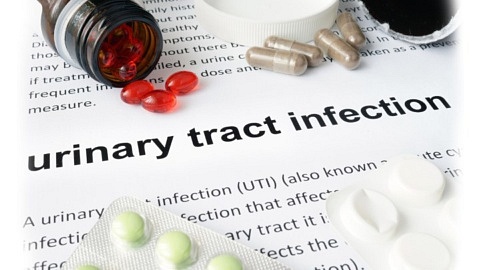Bell Lifestyle Products announced today the release of their new Immune Support product for the Canadian market. This product joins a comprehensive family of...
About the Author
Dr. Rahim Habib ND
Rahim Habib is a registered naturopathic doctor with over 15 years of experience in general family practice. He has a special interest in helping patients comprehensively detoxifying their bodies for preventative and therapeutic benefit. He also has a special interest in children’s health, assisting kids in their learning and behavioural health with conditions such as ADHD, Autism spectrum, asthma, allergies and childhood obesity. He also helps adults with chronic conditions, such as thyroid disorders, infertility, inflammation, obesity, autoimmunity, dementia and cancer care. He is the director of the Four Seasons Naturopathic Clinic for Detoxification and Healing and can be reached at 905-597-7201 or www.FamilyNaturopath.ca.




